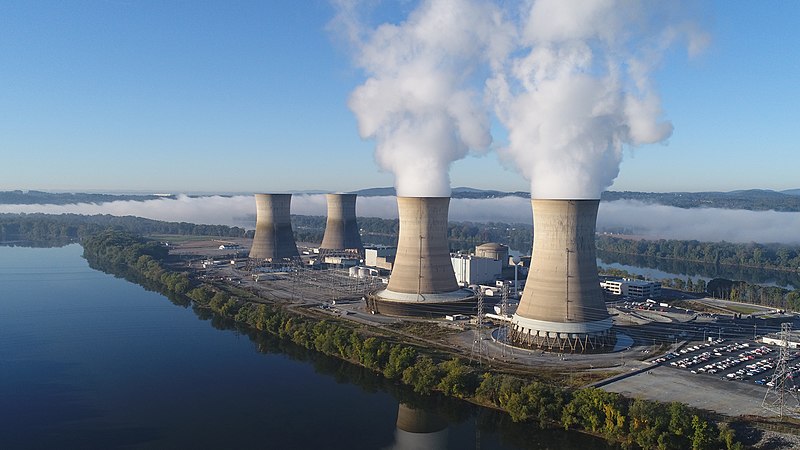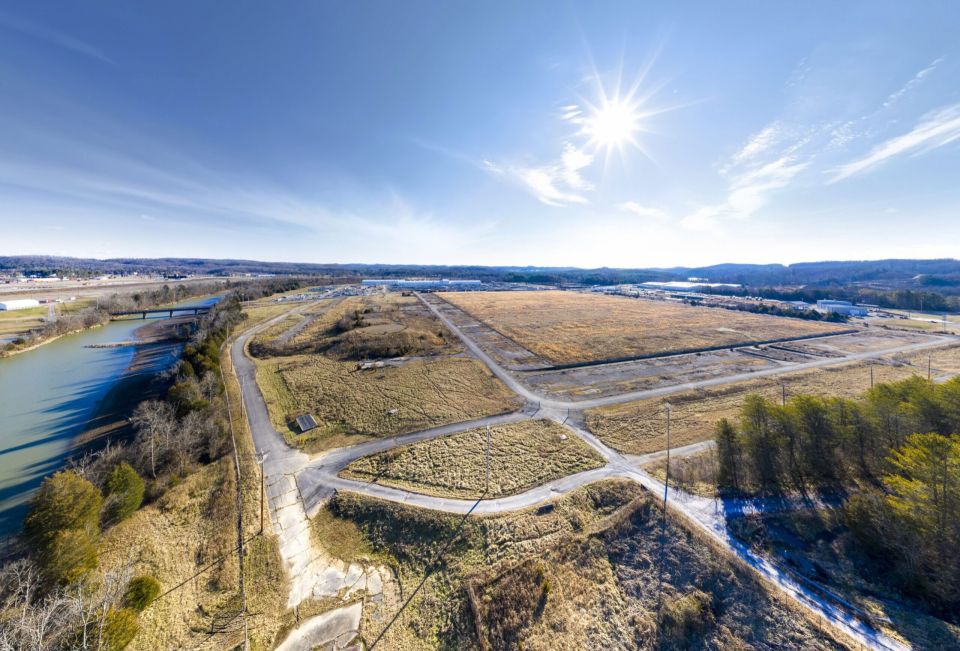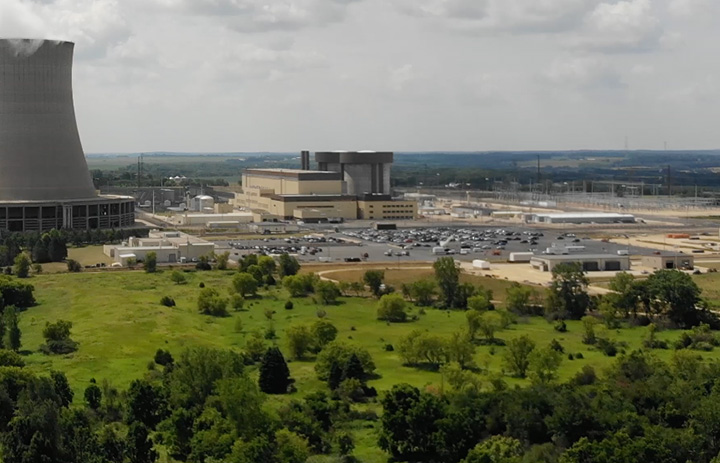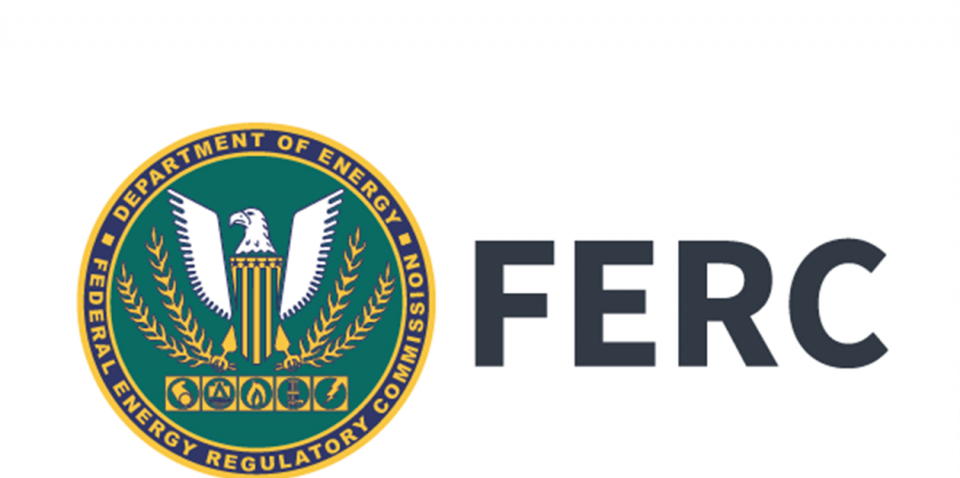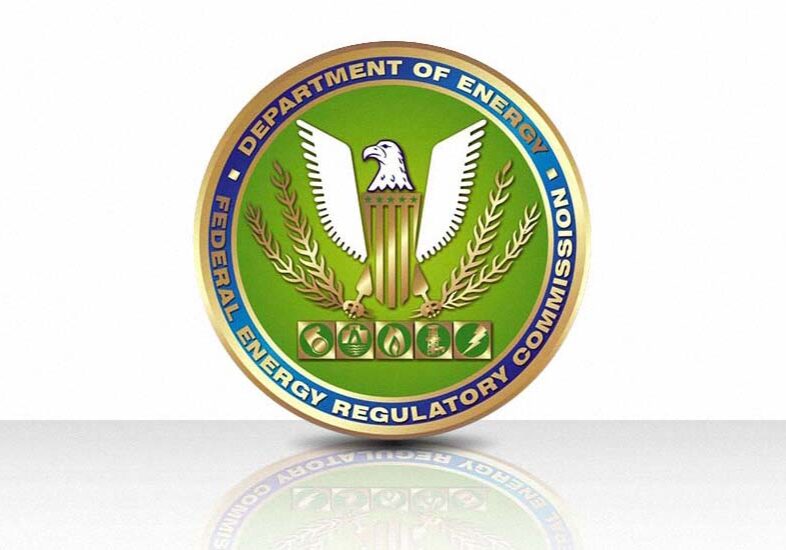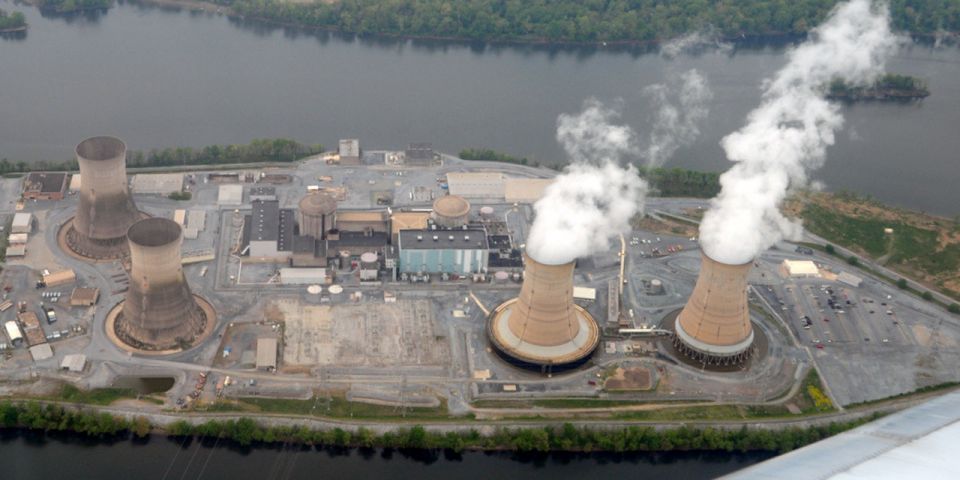Nuclear Energy on the Edge
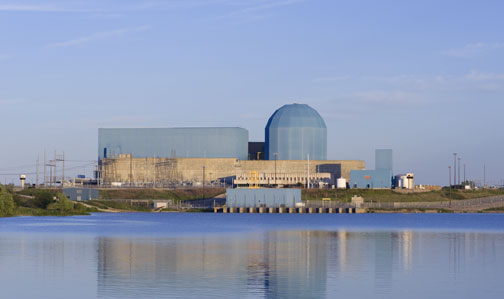
Clinton Power Station, courtesy Exelon Nuclear
Yesterday, June 2, 2016, may have marked a watershed moment in the present day history of nuclear power plants in the United States, when two nuclear plants were selected by their owner for shutdown far in advance of their license expiration dates for economic reasons. The fast-moving pace of plants being shut down under similar economic circumstances (unbalanced energy markets that favor other forms of energy to the detriment of nuclear) signals a broken system that must be changed, now.
Exelon announced yesterday that the Clinton Power Station will close on June 1, 2017, and the Quad Cities Generating Station will close one year later on June 1, 2018. Until now, threatened plants in the United States have typically been older, small (lower-capacity), single-unit sites, but neither of these plants fit that description. Clinton is one of the newer nuclear plants in the United States, having been placed in commercial service in 1987. It is however rated at 1069 MWe capacity, and until now the threatened units in the US have been considered at or below that rating. Quad Cities, on the other hand, is a two-unit site with a combined rating of 1871 MWe.
According to Exelon's statements, these plants have lost over $800 million in the last seven years. What caused the loss? They're operating in a deregulated market where heavily subsidized renewables and low-priced natural gas are in competition.
Policies that do not treat nuclear power equally with other clean energy sources will not get us where we want to go. - Peter Lyons & Donald Hoffman
There's no question that nuclear energy is important to everyone (or should be) because it provides low-carbon energy around the clock. Nuclear energy doesn't require a train load of fuel (like large coal plants do) or a continuous pipeline of fuel (like natural gas combined cycle plants do) which makes it less sensitive to climactic issues and steadies its cost over time. Nuclear provides power around the clock and is able to meet demands for energy whether or not the sun is up, or the wind blows. It's also considered by many, including environmentalists, as perhaps the most important tool in a clean energy diversification plan. The problem is that current energy policies and market economics almost never support these nuclear energy advantages - and sometimes, as we just saw last week in Seattle, there can be unilateral energy policy made directly against nuclear energy.
According to a new op-ed by Dr. Peter Lyons (former Assistant Secretary of Nuclear Energy for the Department of Energy) and Donald Hoffman (past ANS President) that appeared today on the Governing Magazine website, states must develop clean air standards, as opposed to renewable standards alone. They are urging state lawmakers and policymakers to level the playing field, which would make nuclear more economically competitive with other low-carbon emitting energy sources.
Lyons and Hoffman point up some of the many benefits nuclear energy has which aren't directly tied to supplying or stabilizing the grid. Nuclear plants are good neighbors in their communities, employing hundreds of people in good paying jobs. They donate money and pay taxes. Many incorporate wildlife reserves.
Shutting down a nuclear plant has some immediate repercussions. In an effort to replace energy sources, carbon emissions go up, as we've seen happen in Vermont and California. Many people are put out of work and will move soon from their communities, taking away monies spent in those communities by the now-displaced consumers, not to mention the charitable contributions they make both monetarily and as volunteers in those communities.
Tools for YOU
The American Nuclear Society's Special Committee on Nuclear in the States has provided to anyone who wishes to get involved (and that includes policymakers) or simply is interested, with the Nuclear in the States Toolkit. The kit provides policy options for states to consider, with support for retention of the current nuclear fleet. The subtitle of the report, "Policy options for states considering the role of nuclear power in their energy mix," says a lot about what's needed - policy that levels the playing field for the all-important, established, round-the-clock energy provider that is nuclear power. The American Nuclear Society also has a special report on what the impact of nuclear plant closures would be.
What can you do? Get the toolkit, then figure out what's going on in your region. Discover what policy looks like relative to energy where you live. Get involved by writing your representatives. Posting on social media like Facebook so that your friends will get motivated or show up at meetings. Let your voice be heard.
There are many ways we can all help stop this trend before we find ourselves saddled with high costs for unreliable energy, with thousands and thousands of good paying high tech jobs lost, with communities broken, and the air we breath more polluted than before. Communities are people; the state governments work for those people. Let them know what YOU, the people, want.
 Will Davis is Communications Director and board member for the N/S Savannah Association, Inc. He is a consultant to the Global America Business Institute, a contributing author for Fuel Cycle Week, and he writes his own popular blog Atomic Power Review. Davis is also a consultant and writer for the American Nuclear Society, and serves on the ANS Communications Committee and will serve on the Book Publishing Committee beginning in June. He is a former US Navy reactor operator and served on SSBN-641, USS Simon Bolivar.
Will Davis is Communications Director and board member for the N/S Savannah Association, Inc. He is a consultant to the Global America Business Institute, a contributing author for Fuel Cycle Week, and he writes his own popular blog Atomic Power Review. Davis is also a consultant and writer for the American Nuclear Society, and serves on the ANS Communications Committee and will serve on the Book Publishing Committee beginning in June. He is a former US Navy reactor operator and served on SSBN-641, USS Simon Bolivar.


